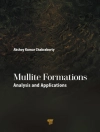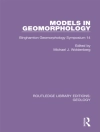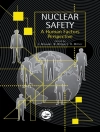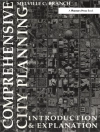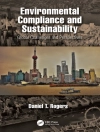Complexity is an intrinsic property of natural systems. In the oceanic system, it is linked to many interactions with the atmosphere, geosphere and biosphere with which it exchanges energy and matter.
Complexity of the ocean system has, at different spatial and temporal scales, hydrodynamic mechanisms of these exchanges and dynamics of elements and compounds, they are involved in biogeochemical cycles or used as tracers.
By its pedagogical approach, it defines the terms, methods, techniques and analytical tools used. Then, it analyzes the consequences of climate change, future projections, human impact and the concept introduced with planktonic pelagic ecosystem component.
Tabella dei contenuti
Chapter 1. The Ocean in the Earth System: Developments and regulations by Philippe Bertrand
Chapter 2. The ocean and climate system Pascale Delecluse
Chapter 3. Ocean-atmosphere interactions by Laurence Eymard and Gilles Reverdin
Chapter 4. Continent-ocean interface: a hydrogeological continuum by Nathalie Dörfliger, Bertrand Fleury Aunay and Perrine
Chapter 5. Chemical elements and isotopes, tracers trade land-sea by Catherine Jeandel, Pieter Van Beek and Francois Lacan
Chapter 6. Marine biogeochemical cycles by Louis Legendre
Chapter 7. Marine pelagic ecosystems and biogeochemical cycles by Louis Legendre
Circa l’autore
André Monaco is Emeritus Director of Research for the French national research center (CNRS). His research interests concern marine sedimentology and geochemistry. He was responsible for part of the organizing committee for several French and European programs and has been guest editor for four special issues in international journals.
Patrick Prouzet is Director of Research focusing on the ecosystemic approach at Ifremer in France. He specializes in the biology and dynamics of anadromous fish such as Atlantic salmon and eels. He is the author or co-author of several works on these species or on estuary fishing.


